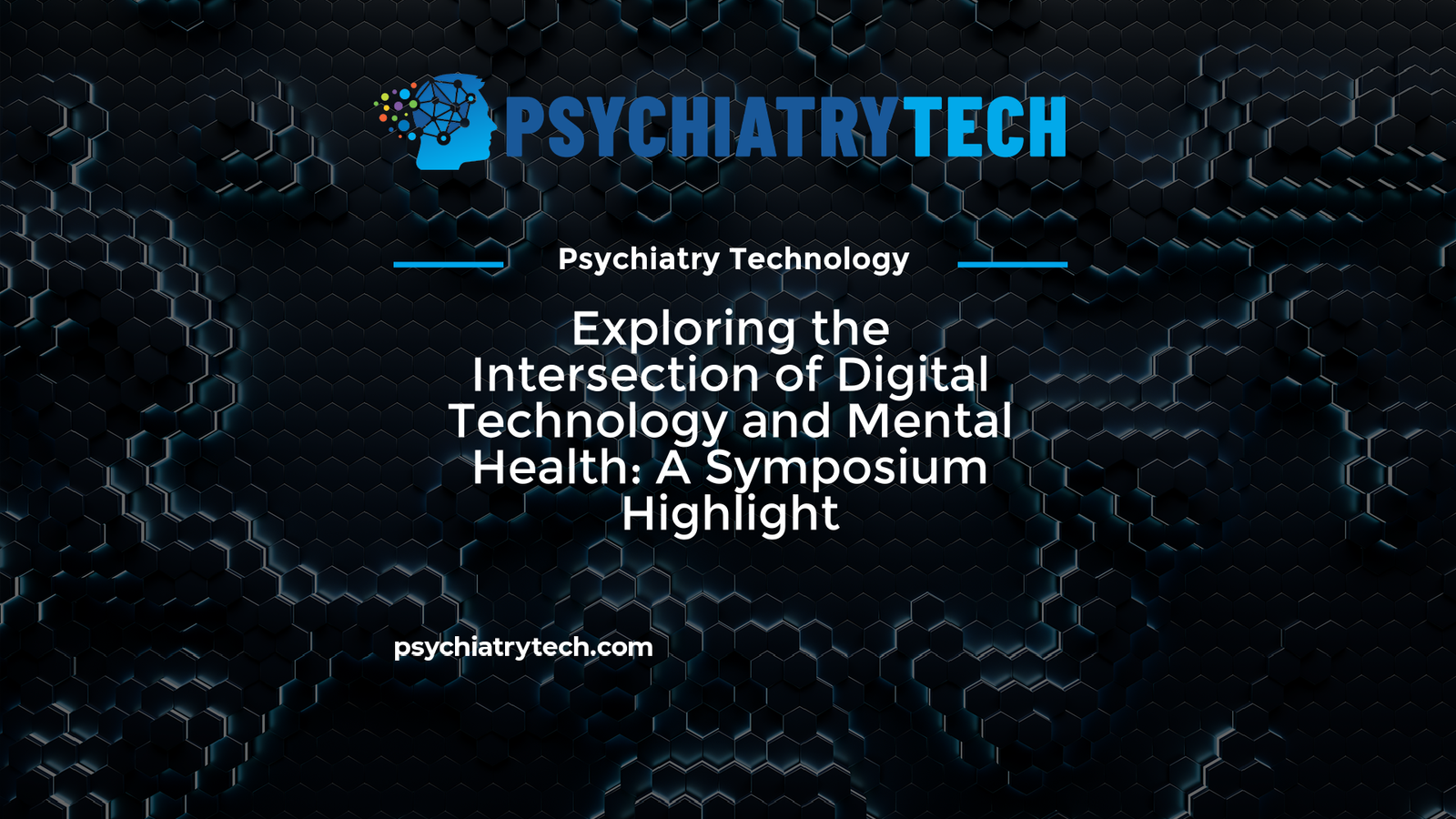Exploring the Intersection of Digital Technology and Mental Health: A Symposium Highlight
Technology has revolutionized almost all aspects of life – healthcare is no different. The treatment of mental health conditions has also seen a significant impact from the advancements in digital technology and its applications. On September 19th, 2023, a symposium was held at Dartmouth College to discuss the role that digital technology can play in the field of mental health.

Discover The World's MOST COMPREHENSIVE Mental Health Assessment Platform
Efficiently assess your patients for 80+ possible conditions with a single dynamic, intuitive mental health assessment. As low as $12 per patient per year.
The Symposium
The symposium was led by a panel of experts in the fields of psychiatry, technology, and patient care. Speakers discussed how digital technology is already being used to treat mental health conditions and how it can be further developed to help patients struggling with their mental health.
One of the main advantages digital technology provides in the mental health field is improved access to treatment. Many patients in need of mental health treatment may be unable to attend traditional, in-person therapy sessions due to a variety of reasons such as location, mobility, and availability. Digital technology offers an alternative, more accessible treatment option for these individuals.
The Use of Apps in Mental Health Treatment
An example of one digital solution discussed at this symposium is the use of mobile apps in mental health treatment. In recent years, mental health apps have become increasingly popular, with a wide range of apps available for download that offer guided meditation, cognitive-behavioral therapy, and more. These apps can provide an affordable and easily accessible treatment option for those with mild to moderate mental health issues.
Additionally, clinicians can use these apps to track their patients’ progress over time. This feature allows for personalized care and adjustments to treatment plans based on the patient’s needs. According to the panelists, this feature is one of the most exciting innovations in mental health technology.
Virtual Reality Therapy
The symposium also discussed the use of virtual reality (VR) technology in mental health treatment. VR therapy can provide an immersive experience to patients, which can help patients confront difficult situations in a controlled and safe environment. VR can be particularly useful in the treatment of anxiety disorders, as patients can gradually face their fears in a virtual setting before attempting them in real life.
While VR technology is still in its early stages of development, the speakers at the symposium were optimistic about its potential in mental health treatment.
The Future of Mental Health Treatment
The symposium concluded by discussing the potential future applications of digital technology in the mental health field. One area of interest is the use of artificial intelligence (AI) to personalize treatment plans. By analyzing data from patients’ mental health apps and wearables, AI can create a customized treatment plan for each patient. This technology can also predict potential relapses and intervene before a crisis occurs.
In conclusion, the symposium demonstrated the vast potential digital technology has to offer in the field of mental health treatment. As technology continues to advance, mental health professionals must take full advantage of the opportunities offered. The use of digital technology in mental health treatment can improve patient outcomes, increase access to care, and even save lives.
What are your thoughts on the use of digital technology in mental health treatment? Share your views with us in the comments below and don’t forget to follow Psychiatry Tech for more updates on innovations in psychiatry technology.

